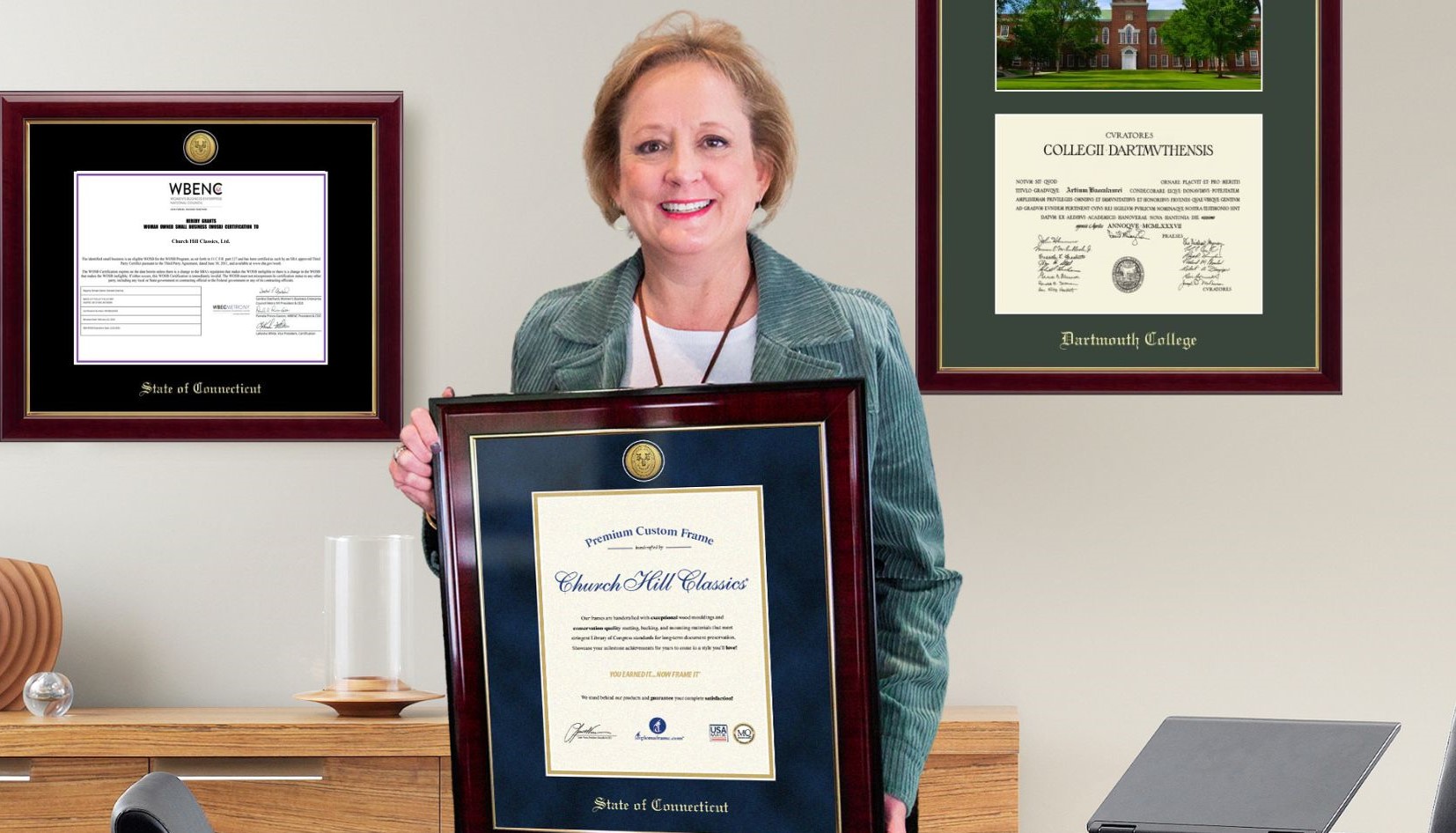Writing a summary sounds straightforward task, but many students struggle with it. Follow our pro tips for summarizing articles with ease.
Continue readingHow to Become a Certified Woman-Owned Business
Find networking support as a female entrepreneur by diving into all the resources you need to get certification and leverage your woman-owned business.
Continue readingStress Management in the Job Hunt: Expert Advice for Graduates
As a new graduate, keeping your focus on job applications and interviews is key. Discover pro tips for managing stress during the job hunt.
Continue readingBest Gifts for Businesswomen
In need of gifts for businesswomen or female entrepreneurs? You really can’t go wrong when you shop for items manufactured by certified woman-owned businesses.
Continue readingGrad Gifts from BIPOC Women-Owned Businesses
Supporting BIPOC women-owned businesses provides financial security for their business ventures, creates new jobs and growth opportunities, and fuels our economy.
Continue readingAre Women’s Colleges Still Relevant?
Thanks to their selective admissions, challenging curriculum, leadership training, and strong alumnae network, women’s colleges are more relevant than ever.
Continue readingThe Value of Historically Black Colleges and Universities
Today with more than 100 historically Black colleges and universities across the nation, the legacies of these valuable institutions grow stronger each day.
Continue readingUsing Social Media for Career Growth: Expert Advice for Graduates
Whether utilizing LinkedIn, X, or Facebook, get expert advice for ensuring you are using social media for career growth to its best advantage.
Continue readingHow Graduates Can Build a Strong Personal Brand in 2025
A solid brand boosts your online presence and professional network. Learn how graduates can build a strong personal brand in today’s job market.
Continue readingAI Humanizers Are Here to Save Thousands of Careers
The use of AI humanizers will not only save careers but will also help employees maintain credibility in the workplace.
Continue readingParents’ Guide to Saving for College
Saving for college can be rough! Luckily, Church Hill Classics is here to help you find the best and most reliable ways to save for college!
Continue readingDesigning a Custom Diploma Frame for Your Office
It’s important to display your credentials in the workplace. Creating a custom diploma frame is a great way to show employers and colleagues your qualifications!
Continue reading












